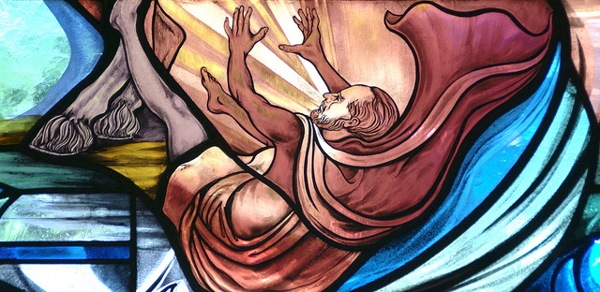
As Saul neared Damascus on his journey, suddenly a light from heaven flashed around him. He fell to the ground and heard a voice say to him, ‘Saul, Saul, why do you persecute me?’ ‘Who are you, Lord?’ Saul asked. ‘I am Jesus, whom you are persecuting,’ he replied. Acts 9:3–6
The conversion of Saul probably occurred about 4–7 years after the crucifixion and resurrection of Jesus. It was a pivotal event in his life and of the early church. But the actual ‘conversion experience’ is worth studying.
Saul was extremely devout and had studied under the very best teachers. He therefore knew the scriptures very well indeed. There is no doubt that he sincerely believed he was doing God’s work when her persecuted the church. He knew that Jesus was describing himself as God, which he regarded as blasphemy, and it was therefore his duty to eradicate the early disciples who accepted this abomination.
The description of Saul’s ‘conversion’ in Acts 9 involved light from heaven and an audible voice. (His travelling companions heard the sounds but saw nothing; Acts 9:7.) To a man of Saul’s learning and mindset, this display of heavenly power would have suggested the commissioning of a prophet. Examples include Moses, who saw the light of a burning bush from which God spoke (Exodus 3:2–6); Isaiah had a vision of heaven and angels and God spoke to him (Isaiah 6:1 ff.); and Ezekiel saw a bizarre image of creatures, angels, light, and voices (Ezekiel 1). So when Saul saw light and heard voices, he would think it was from Heaven, and that the voice was God’s telling him that he too was to become a prophet. He would have taken this commissioning as a reward for his faithfulness. But the voice described itself as coming from Jesus. To Saul’s way of thinking, that the voice said it was Jesus would be proof of sorts that Jesus was indeed divine.
No comments:
Post a Comment